Operating high quality agricultural processing line at VinaGreen Investment and Development Joint Stock Company.
VinaGreen Investment and Development Joint Stock Company is operating a high-quality agricultural processing factory on an area of 6.5 hectares, with a capacity of 100,000 tons of rice per year. The products have met export standards to Germany and Japan. Phase 2 is being implemented with a capacity of 5,000 tons of nutritional cereal powder and deeply processed products such as rice cakes, vermicelli, instant noodles, aiming to expand the market in China, the US, the Middle East, Japan and the EU.
Mr. Do Minh Thuy, Chairman of the Board of Directors of VinaGreen Investment and Development Joint Stock Company, said: “We apply all data management software, operating on a single platform. The system of temperature sensors, attendance recognition, automatic packaging, sales and customer consulting using AI has helped increase the efficiency of response and interaction with customers by 3 times. More importantly, the digital transformation and green transformation strategy is implemented throughout from field production to processing, preservation and distribution."
At Lam Son Sugarcane Joint Stock Company (Lasuco), green technology has become the “key” to managing raw material areas and factories. The company is currently applying remote sensing and GIS technology to accurately manage sugarcane areas, using drones to spray pesticides, both saving labor and protecting farmers' health. In rice production, Lasuco cooperates with farmers to install a sensor system to measure humidity and temperature, regulate irrigation and automatic fertilization; and apply AI to collect greenhouse gas emission data. At factories, the raw material sensor system and storage silos help significantly reduce labor costs and improve management efficiency.
In particular, Lasuco and international partners are implementing carbon credit zones in Thanh Hoa sugarcane fields. It is expected that in the fourth quarter of this year, the enterprise will receive the first carbon credits recognized by Verra, creating a stepping stone for the Vietnamese sugarcane industry to participate in the global voluntary carbon credit market, and at the same time expand the model to rice areas. Not only stopping at credits, Lasuco and its partners also built an MRV system (Measurement - Reporting - Verification) according to international standards, thereby optimizing the supply chain from raw material areas to factories, transparently tracing and meeting green export standards.
According to a representative of Lasuco, the company persistently operates on three pillars: technology - people - governance model. The goal is to transform farmers from producers into "carbon managers" - subjects that directly create green value and contribute to Vietnam's net zero emissions target.
With great potential in agriculture, Thanh Hoa currently has nearly 1,450 enterprises operating in this field. However, according to a survey by the functional sector, the reality shows that more than 70% of enterprises are only at level 1-2 of the DBI digital transformation scale (start-up and developing stage). Very few enterprises reach level 3-5 (development - completion - leadership). The rate of enterprises transforming green and applying the circular economic model is still quite low, only under 20% and mainly concentrated in a number of large enterprises.
According to the Department of Agriculture and Environment, environmental pollution, land and water waste are still prominent issues. Management and application of technology in production have not received proper investment. Green transformation is still at the initial stage of awareness, has not spread widely, and lacks a fully supporting ecosystem to promote this process. Therefore, the agricultural business community is in great need of guidance, companionship and practical solutions to promote digital transformation, green transformation and innovation.
The orientation on digital transformation, green transformation and innovation has been specified in the Thanh Hoa Provincial Planning for the period 2021-2030, with a vision to 2045, which identifies the development of high-tech, ecological, organic agriculture and is associated with comprehensive digital transformation. Therefore, in the coming period, policies related to the fields of digital transformation, green transformation and innovation need to go ahead, creating a legal corridor and strong incentive mechanisms for businesses and farmers to participate in green production models. On the business side, technology must be considered a pillar, with systematic investment to improve productivity, reduce emissions and increase value. Along with that, people - especially farmers - need to become the center of the transformation process, trained to transform from traditional producers to direct agents of green value creation.
Article and photos: Tung Lam
Source: https://baothanhhoa.vn/xanh-hoa-nong-nghiep-de-canh-tranh-toan-cau-261146.htm


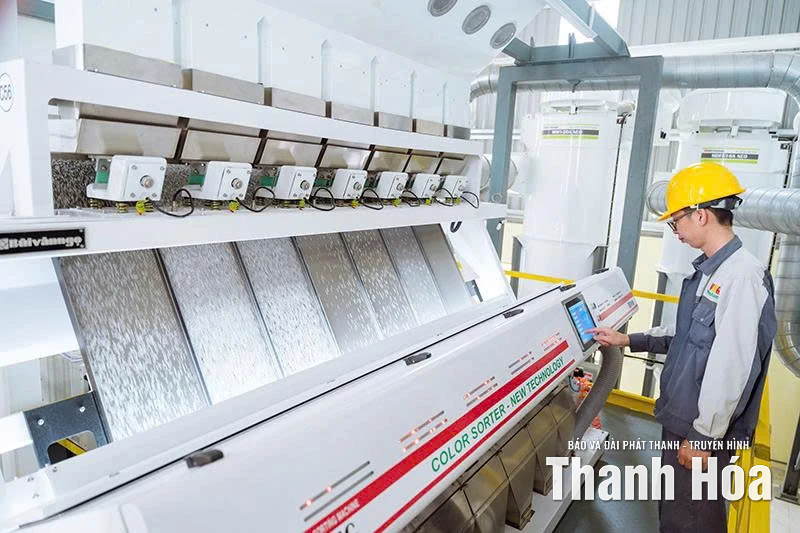
![[Photo] Prime Minister Pham Minh Chinh attends the groundbreaking ceremony of two key projects in Hai Phong city](https://vphoto.vietnam.vn/thumb/1200x675/vietnam/resource/IMAGE/2025/9/27/6adba56d5d94403093a074ac6496ec9d)





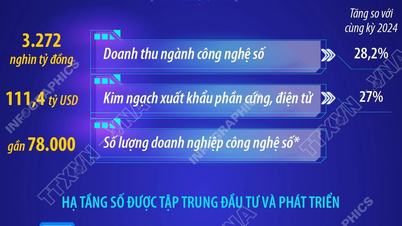






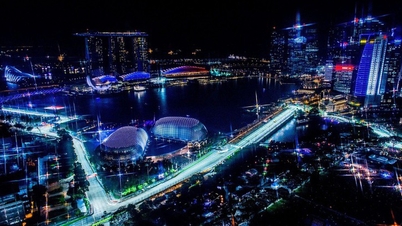







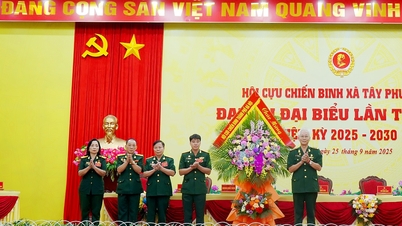








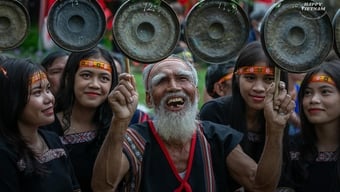


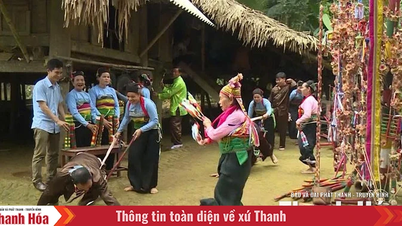













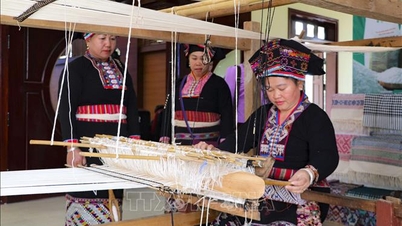







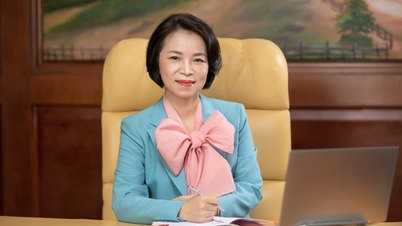




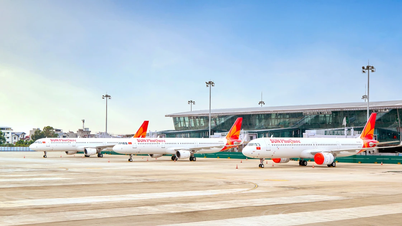



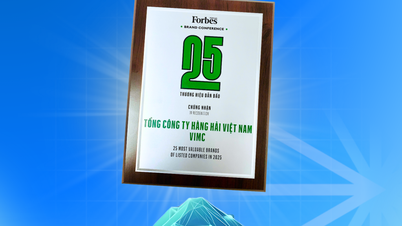
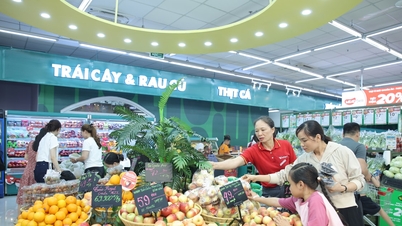
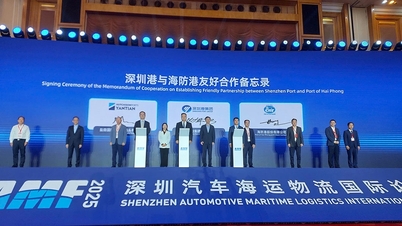

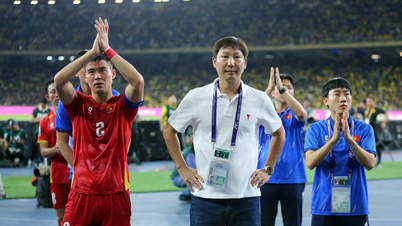




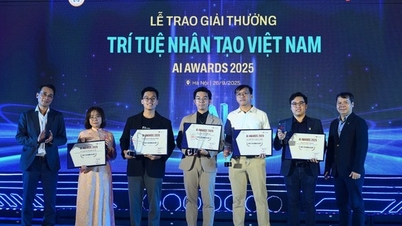

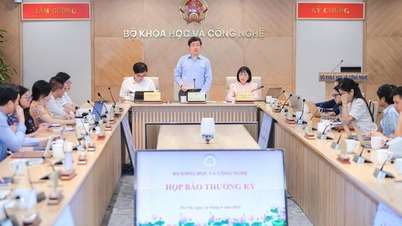


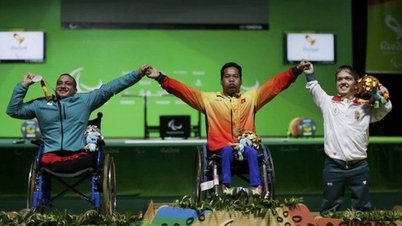

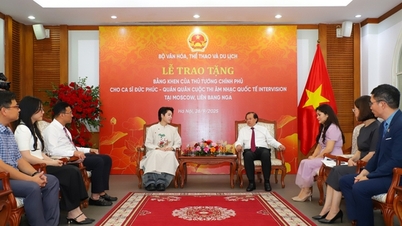
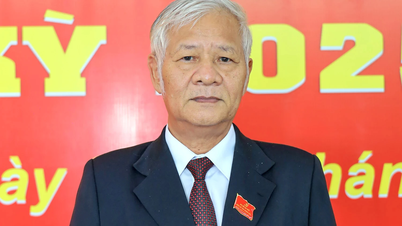

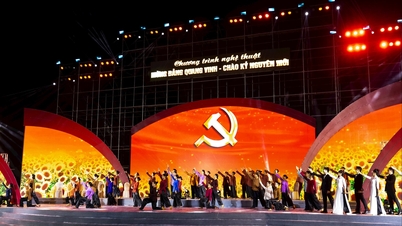



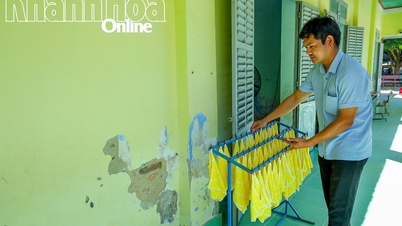

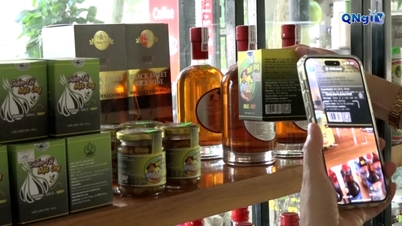

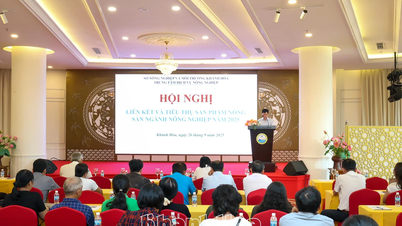









Comment (0)